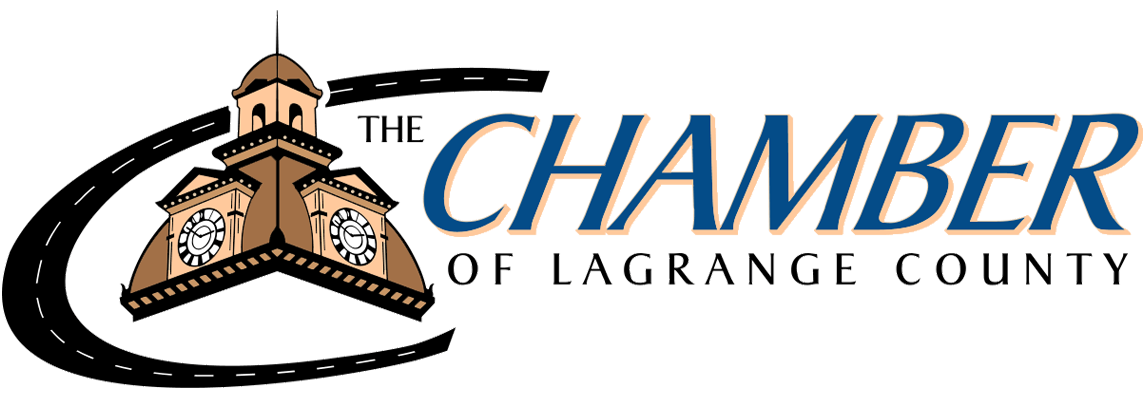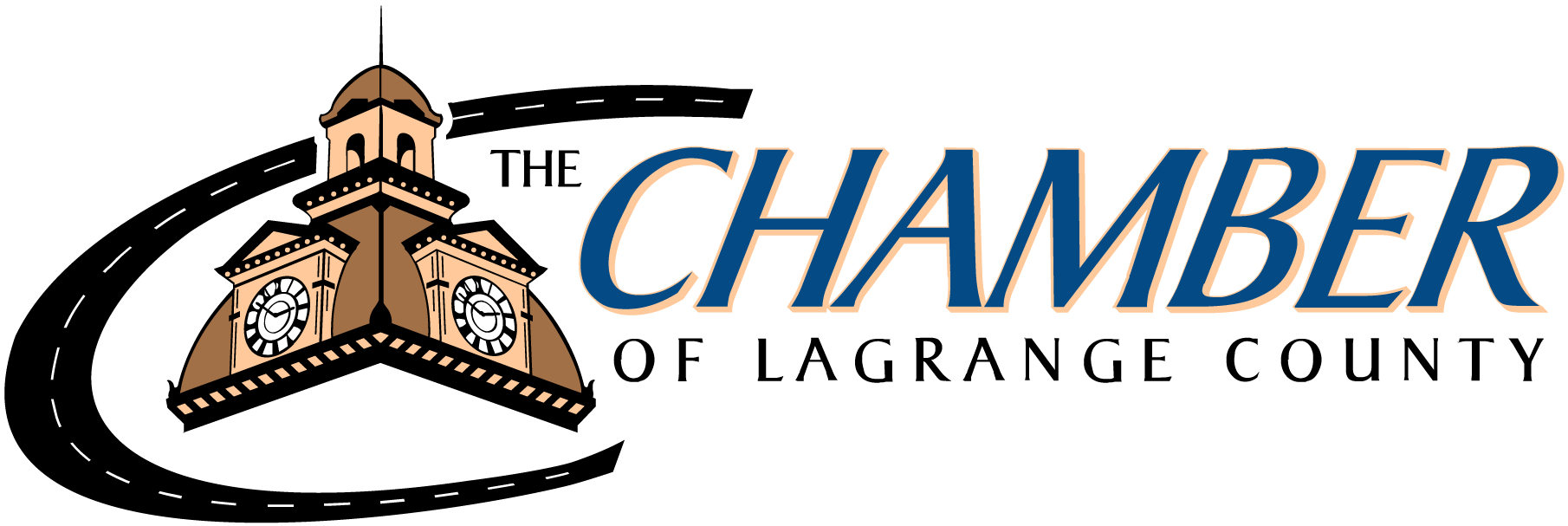Coffee with the County - The Generational Effect and the Pout Mentality
My husband and I are coming up on the 4-year anniversary of one of the largest Chip-and-Joanna-Gaines projects of our life: our house. It’s been nearly 4 years since we moved into a freshly-constructed barndominium-style home, and nearly 4 years since we both breathed a collective sigh of relief that the process was done! It was stressful, to say the least, even more so for my husband who carried most of the oversight burden.
As you’ve probably learned about me by now, I am construction-illiterate. I can hardly hammer a nail straight, let alone measure, draft, and build any kind of stable structure. It was almost comical (notice how I said almost) because I was often being schooled by my husband in how things worked. We had more than one conversation where I assumed we could “just” put a light fixture here, or a wall there, only to see a smirk on my husband’s face, knowing very well that we couldn’t. Boy, how far I’ve come.
One of the learning curves I experienced during this project was a new understanding of how things work on a county level. Our house project was my first upfront experience in which I began to comprehend the “hows” and the “whys” of the architectural processes in LaGrange County. Never had I heard the word “setback” before, nor had I ever used any kind of brain energy to think about where a fence could and couldn’t be built. Equally, I had not considered how a driveway is permitted or installed, or how much land could be used for this or that. In those moments, I felt a strong urge to pout, landing on a “this is my land, and I can do what I want with it” mentality.
Being in my position at the Chamber, I have had many more learning curves. The entire system of planning and zoning is complex, but is built to be beneficial for our entire community. As an individual, and with an individual mindset, it can be difficult to see at times. However, I’d encourage you to take a listen to our most recent Chamber Chat podcast episode with guest Robbie Miller, the LaGrange County Planning & Zoning Administrator. Read below an excerpt from that conversation that sheds some light on this very process, and the “why” behind it all.
Chamber: What drew you into a public service role?
Robbie Miller: I enjoy my job, and I enjoy seeing what people want to do on their property. I enjoy seeing firsthand how LaGrange County is prospering and what’s growing. That’s been a big draw.
C: Getting to be a part of others’ success.
RM: Correct.
C: So Planning & Zoning was all new to you when you stepped into that world and that department. How long did it take you before you felt like you fully understood and knew the ins and outs of the job?
RM: When I was hired the first time, I was an assistant. When the Administrator at the time left, it was basically my responsibility then. I learned a lot and realized that the rules that we have are very important for our county to develop. I eventually left the position to stay home with my children, and then came back in 2017 as the Administrator.
C: For those who are unfamiliar, like me who didn’t have a comprehension of what ordinances were or what existed in LaGrange County, can you give a lesson on what Planning and Zoning is and why it is important?
RM: Zoning is what I call the rules. We have setbacks, and what you can do on your property, where you can build, different zoning districts, so it’s just a book of rules that were created off of the LaGrange County Comprehensive Plan to have the rules support the plan, and so that the county can develop as the public wanted it to develop. Planning is long-term planning. We want to make sure that where we permit a business, it will be beneficial to the county’s future development. The Plan Commission also oversees the subdivisions of all property. Anything under 10 acres needs to have what’s called a plat. They also oversee any rezone petitions and ordinance amendments.
C: Let’s take an example of a zoning term like a setback. Can you share what it is and why things like that are important?
RM: A setback is the invisible line of where you can build to on your property. All the zoning districts have different setbacks. The lakes, for example, we just changed through the Unified Development Ordinance to better serve the lakes community. They have a 6-foot sideyard setback. In the agricultural district, we have a 25-foot sideyard setback. That means you can’t build any closer than that to the edge of your property.
C: Why is it important to have setbacks like these?
RM: Well, on the lakes, we decreased it from 10 to 6-feet because we have such small lake lots. Years ago, they were lots with fishing shacks. Now, when you go in to build a house on a 50-foot-wide lot, it can be restrictive. The UDO process has helped, especially in the lakes districts, to build what they want without having what we call a variance.
C: When we look at a setback for a lake zone versus an ag zone or what have you, and when you’re looking through the lens of a personal space, I’ve heard at times some folks getting frustrated with being limited to what they can do on their property. From a county perspective, why are these things important?
RM: I think it’s a lot of things. It’s about safety, visibility, development, all of these things. Especially safety. If there’s an emergency, it can be very difficult to get to without these parameters.
C: Talk to us now about the Planned Unit Development (PUD).
RM: We have a lot of country businesses who have expanded. Their children may want to join the business. They then divide it up so that their residential or agricultural lots are separate and the business lot can be planned for what they want in the future. It helps them to think long-term.
C: Speak to the individual listening to this. Why are these things important for the long-term? For someone who may be caught up in the today, why is this important for the future of LaGrange County?
RM: I think it directs the development of LaGrange County. We have a new zoning district, which is Rural and Industrial, which helps support home-based businesses especially within the Amish community. It helps us at Planning and Zoning to see the long-term plan together.
As an organization, and even more so, as a Chamber of Commerce, we represent the interests of our members–businesses, organizations, and individuals. Our goal is and will always be to work in the best interest of business and community in LaGrange County. While some days are more productive to this end than others, we will diligently and continuously work towards the achievement of our vision statement, which is “To be a champion of generational prosperity in LaGrange County.” What does that mean? It means that our work is for the long-haul. Everything we do is to inspire others to collaborate for the betterment of LaGrange County for our kids, and their kids, and their kids. It’s the generational effect of our unique community, and this Planning & Zoning conversation is just one more reflection of that growth mindset in LaGrange County.
I encourage you to learn more about the Unified Development Ordinance and the LaGrange County Comprehensive Plan, and how they are in place for the betterment of our future. And next time you feel the tug of a pout mentality about your property or a real estate project–much like I did from time to time during our own project–take a moment to consider the bigger picture. Robbie and her team are ready to help you along the way and answer your questions.
Until then, take some time to visit our website, Spotify, or Apple Podcasts to hear the full conversation with Robbie, and learn more about the countywide picture. Together, for the betterment of our future. Cheers!







